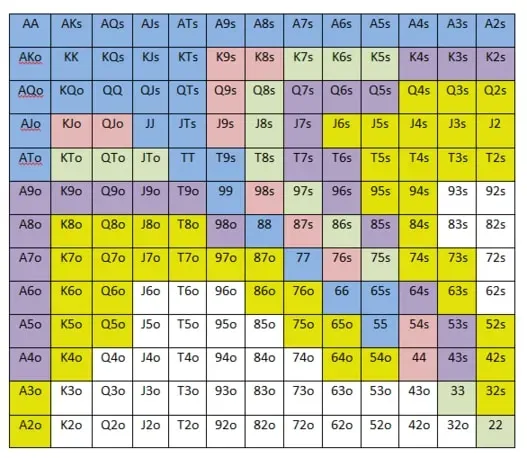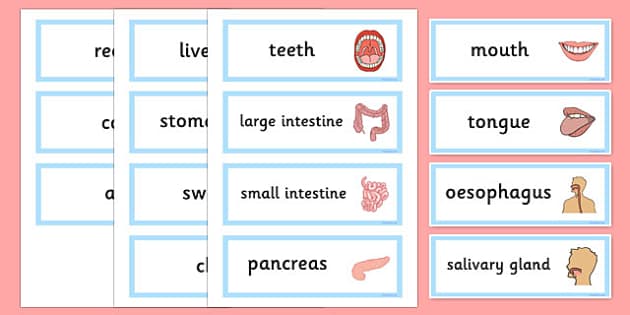Your body is constantly playing poker with you, and most of the time, you’re losing. While poker players study facial expressions and nervous habits to gain an edge, your digestive system has been sending you clear signals for years—you’ve just been missing the tells.
Just as a skilled poker player notices when an opponent touches their face or fidgets with their chips, learning to read your body’s digestive signals can give you a significant advantage in maintaining your health and comfort. Your stomach isn’t bluffing when it sends you these messages.
The Pre-Flop: Early Warning Signs

Before the cards are even dealt at Danny Dollar Hacksaw, observant players are already gathering information. Your digestive system operates similarly, sending subtle signals well before major discomfort sets in.
That slight heaviness after lunch isn’t just fullness—it’s your stomach telegraphing that you’ve pushed past your comfort zone. The way you instinctively reach for a glass of water after certain foods mirrors how a poker player might unconsciously touch their chips when they’re uncertain about their hand. These early signals are your body’s equivalent of a “tell”—reliable indicators of what’s coming next.
The key is developing the same acute awareness that separates amateur poker players from professionals. When you start noticing these patterns, you gain the power to act before small issues become major problems.
Reading the Table: Common Digestive Tells

Expert poker players know that every opponent has patterns. Your digestive system is remarkably consistent in its signals, once you know what to look for.
The “spicy food grimace” that appears about twenty minutes after that extra-hot meal is as reliable as a poker player’s nervous laugh when they’re holding a weak hand. Your body’s reaction to dairy, processed foods, or late-night snacks follows predictable patterns—if you’re paying attention.
Some people unconsciously press their hand to their chest when acid reflux is building, much like a poker player might touch their collar when they’re bluffing. Others develop a specific posture when their stomach is preparing to rebel, leaning slightly forward or shifting in their chair in ways that become remarkably consistent over time.
The Bluff: When Your Body Sends Mixed Signals
Even the most skilled poker players occasionally misread a situation, and your digestive system can sometimes send confusing messages. That rumbling could mean hunger, or it might be your stomach’s way of processing something that didn’t quite agree with you.
Learning to distinguish between genuine hunger and habitual eating cues is like spotting the difference between a genuine tell and a deliberate misdirection. Your body might “suggest” that you need food when what you actually need is water, rest, or simply time to digest what you’ve already consumed.
The most dangerous bluff your digestive system can run is making you believe you can handle “just one more” of whatever has been causing subtle discomfort. This is the equivalent of chasing a bad hand in poker—it rarely ends well.
Your Ace in the Hole: Proactive Response
Professional poker players don’t just react to what they see—they anticipate and prepare. The same strategy applies to digestive health. Once you recognize your body’s reliable tells, you can intervene before reaching for that roll of antacids.
Keeping a small supply of digestive aids isn’t admitting defeat—it’s playing smart. Just as poker players calculate odds before making a move, you can assess the likelihood that certain foods or situations will trigger discomfort and prepare accordingly.
The real skill lies in recognizing when your body is signaling that it’s time to fold—to stop eating, choose different foods, or simply give your system a break. This isn’t about restriction; it’s about reading the room and making strategic decisions.
Playing the Long Game
Poker professionals know that success isn’t measured by winning every hand, but by making smart decisions consistently over time. Your digestive health operates on the same principle. Learning to read your body’s signals and respond appropriately creates a pattern of choices that compound into better overall comfort and health.
The most successful poker players develop an intuitive understanding of probability and human behavior. Similarly, tuning into your digestive system’s communication style allows you to make decisions that keep you comfortable and energized rather than constantly reacting to discomfort.
Your body has been trying to teach you its language for years. Like any skilled poker player, the key is learning to listen, observe, and respond strategically rather than emotionally. The tells are there—you just need to start paying attention to what they’re telling you.
The next time you feel that familiar twinge or notice your hand moving toward your midsection, remember that your body isn’t bluffing. It’s time to read the signals and play your hand accordingly.

